Mozambique: MozYouth and Salesian Network join forces to promote youth employability
Mozambique: INS recognized as National Influenza Centre
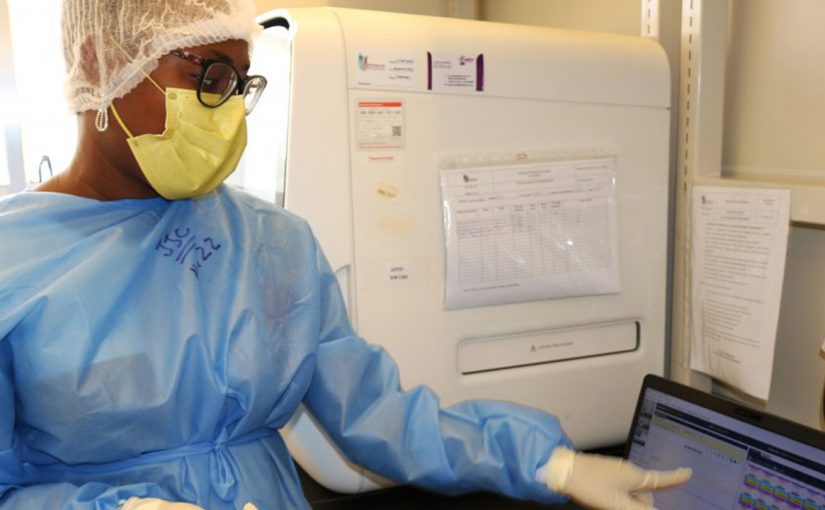
File photo: O País
A few days ago, the World Health Organization recognized the Virology Laboratory of the National Institute of Health (INS) as Mozambique’s National Influenza Centre (NIC). The recognition comes from the contribution of this laboratory unit in monitoring and diagnosing influenza and other respiratory viruses at a national and global level.
This certification is the result of an evaluation process of all analytical processes, management and dissemination of laboratory results, conducted by WHO experts. This means that the data produced by the laboratory in question is of high and adequate quality for decision-making.
According to the director of the Public Health Laboratories Division, Nédio Mabunda, the distinction is the result of work that the laboratory has been doing since 2013 in the surveillance of influenza and other respiratory viruses.
For Mabunda, the recognition represents INS’s commitment to quality. He adds that, specifically, that laboratory has 25 tests accredited at INS level.
“This certification is a major milestone for Mozambique and for the Virology Laboratory, as it has achieved international recognition,” he said, saying that the laboratory would continue to maintain high quality levels and use internationally recognized protocols for data collection and sample testing.
Reacting to the achievement, the head of the Department of Virology, Jorfélia Chilaúle, expressed her satisfaction with the recognition of the laboratory’s technical capacity, which now officially contributes to the prevention and control of influenza and other respiratory viruses.
Regarding the next steps, Chilaúle is committed to maintaining recognition, increasing new technologies, such as viral isolation and antigenicity analysis, in addition to providing technical support to the network’s laboratories, producing and providing external quality assessment panels for Portuguese-speaking countries, as well as evaluating the quality of vaccines.
In turn, the coordinator of the Surveillance of Acute Respiratory Infections (ARIs), Almiro Tivane, expressed his satisfaction and highlighted that this was the most important arm of the system that he coordinates, and that the achievement opened up possibilities for the country to be a regional reference in the area of ARI surveillance.
The INS Virology Laboratory has been diagnosing influenza and other respiratory viruses since 2013, with the implementation of laboratory-based sentinel surveillance of ARIs, which consists of continuously monitoring epidemiological trends, seasonality and circulation of variants of influenza viruses, SARS-COV-2, respiratory syncytial virus and other respiratory viruses.


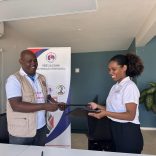

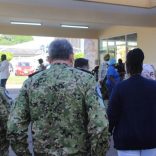
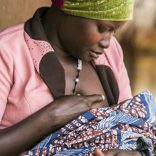

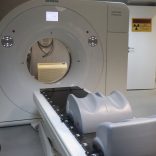




Leave a Reply
Be the First to Comment!
You must be logged in to post a comment.
You must be logged in to post a comment.